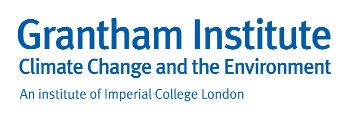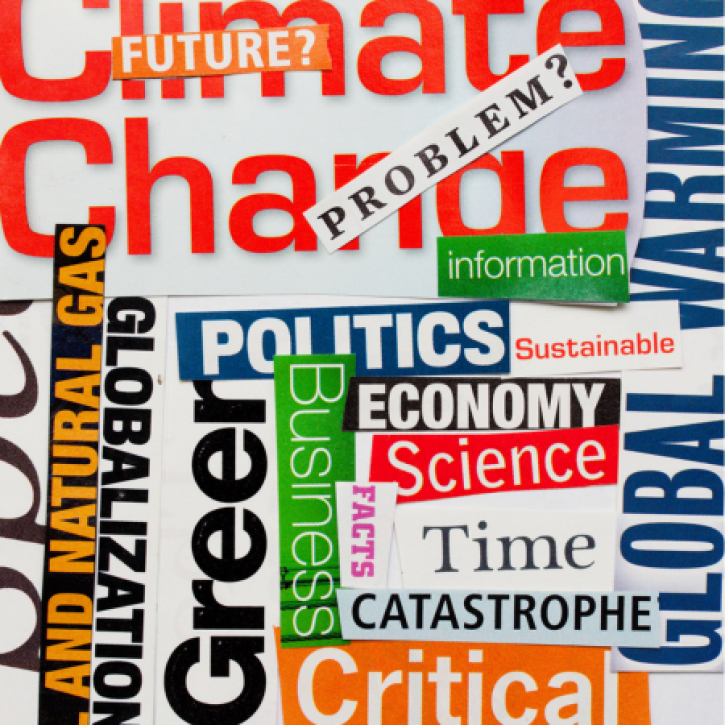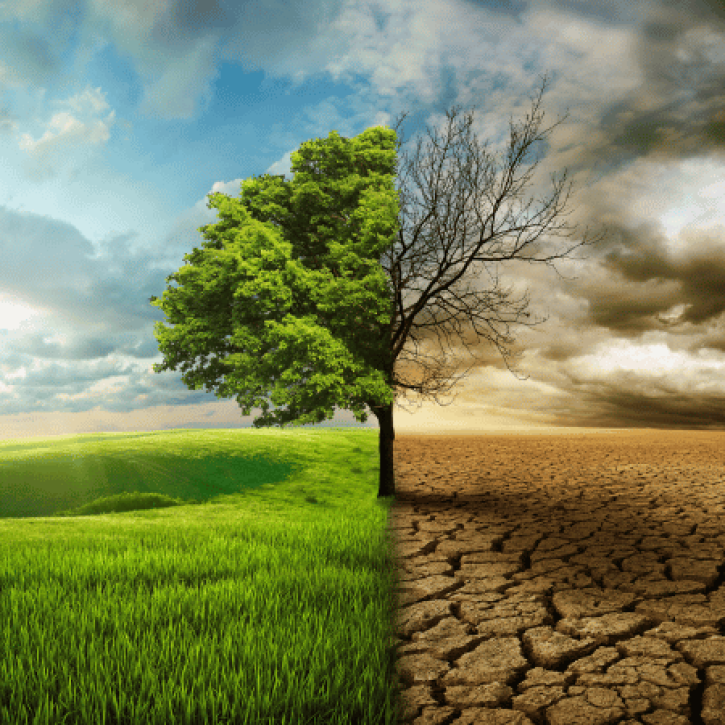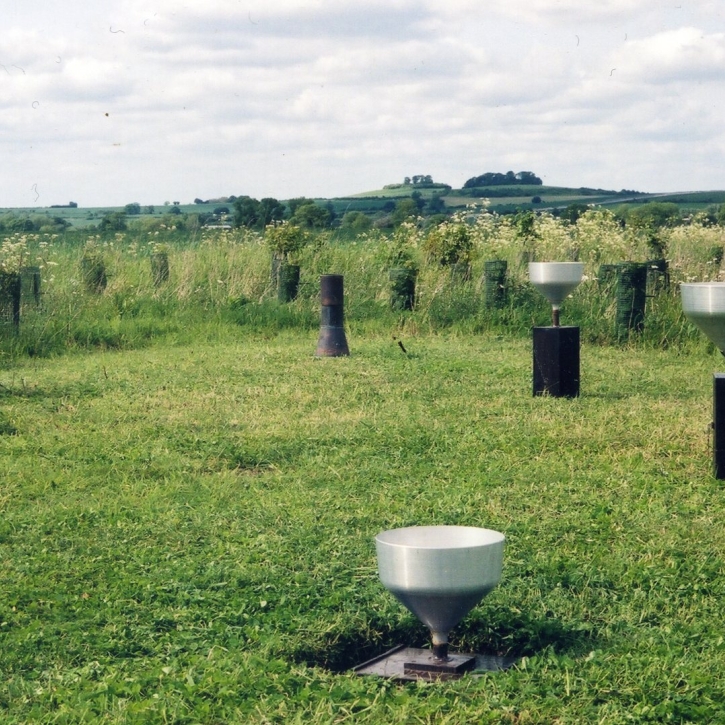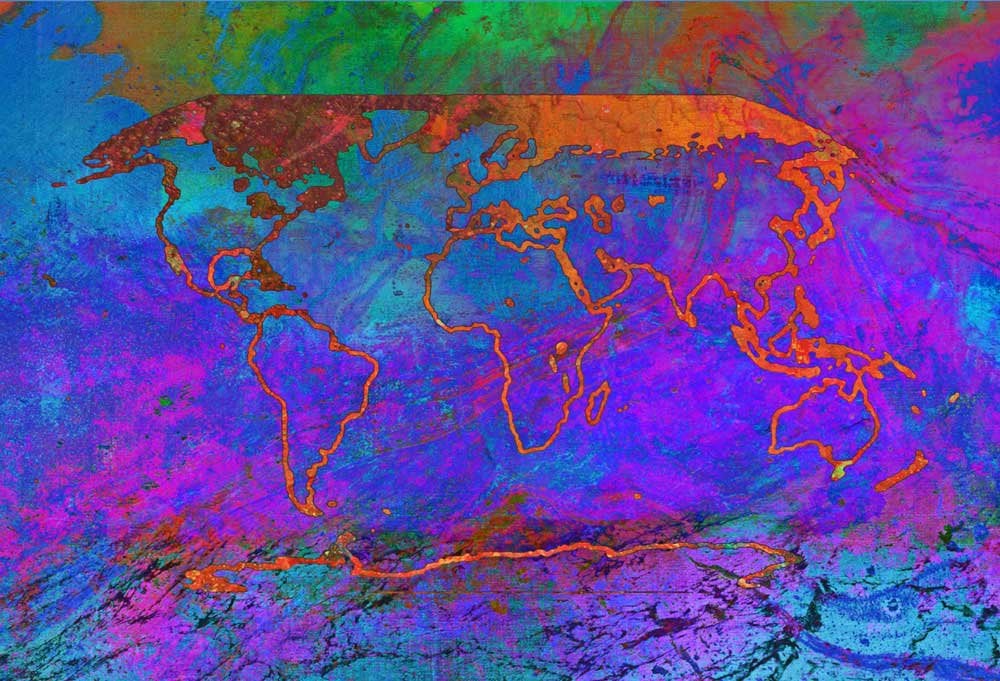

VIRTUAL MEETING | The 6th Major IPCC Science Report and its Implications
LOCATION
The IPCC was formed in 1988 to provide Governments with an assessment of the latest science of climate change. It has produced 5 major assessment reports covering the basic science, impacts and adaptation and mitigation, roughly every 5 to 7 years. These reports have guided humanity’s response to climate change and provided the foundation for the 2015 Paris Agreement, in which Governments decided to keep a rise in global temperatures due to human activity well below 2 degrees C above pre-industrial levels and to pursue efforts to limit the temperature increase even further to 1.5 degrees C.
The IPCC 6th Assessment Report on the Physical Science Basis is expected to be published on 9 August. This meeting reviewed its main findings, considered what it means for the ongoing development of our response to climate change and what message it sends to governments before they meet in Glasgow at COP26. The meeting heard from leading scientists involved in the report as well as those who are actively involved with making decisions on climate change actions.
You can view or download the programme from the list of resources.
A separate session shown below allowed breakout groups to consider the relevance to diverse sectors.
Registration
Registration is now closed
View on Demand
Virtual Workshop I Responding to the Climate Crisis - Taking Action on the IPCC 6th Assessment Report
This event, which took place on 17 September, looked at what the latest IPCC report means for specific sectors and how they can take action on the climate crisis. The implications of climate change require rapid, but well-managed and co-ordinated action from all areas of business and society, so a second meeting was held for decision and policy-making organisations, individuals and stakeholders. The workshops held were:
- Schools leaders and educators - led by STEM Learning Network & London Schools Climate Summit
- Business and Industry - Environmental, social and corporate governance - chaired by Anita Punwani, Deputy Chair NED, Institute of Risk Management. Panel members from British Standards Institution, Save the Children UK, University College London, World Values Day, Resurgence & UBS Foundation.
- How Earth Scientists can work better together - led by the European Federation of Geologists and Imperial College London researchers
The video recording explores the outcomes of the above workshops, where workshop representatives fed back the main discussion points and recommendations for their sector on next steps on taking climate action.
Resources
The IPCC was formed in 1988 to provide Governments with an assessment of the latest science of climate change. It has produced 5 major assessment reports covering the basic science, impacts and adaptation and mitigation, roughly every 5 to 7 years. These reports have guided humanity’s response to climate change and provided the foundation for the 2015 Paris Agreement, in which Governments decided to keep a rise in global temperatures due to human activity well below 2 degrees C above pre-industrial levels and to pursue efforts to limit the temperature increase even further to 1.5 degrees C.
The IPCC 6th Assessment Report on the Physical Science Basis is expected to be published on 9 August. This meeting reviewed its main findings, considered what it means for the ongoing development of our response to climate change and what message it sends to governments before they meet in Glasgow at COP26. The meeting heard from leading scientists involved in the report as well as those who are actively involved with making decisions on climate change actions.
You can view or download the programme from the list of resources.
A separate session shown below allowed breakout groups to consider the relevance to diverse sectors.
Registration
Registration is now closed
View on Demand
Virtual Workshop I Responding to the Climate Crisis - Taking Action on the IPCC 6th Assessment Report
This event, which took place on 17 September, looked at what the latest IPCC report means for specific sectors and how they can take action on the climate crisis. The implications of climate change require rapid, but well-managed and co-ordinated action from all areas of business and society, so a second meeting was held for decision and policy-making organisations, individuals and stakeholders. The workshops held were:
- Schools leaders and educators - led by STEM Learning Network & London Schools Climate Summit
- Business and Industry - Environmental, social and corporate governance - chaired by Anita Punwani, Deputy Chair NED, Institute of Risk Management. Panel members from British Standards Institution, Save the Children UK, University College London, World Values Day, Resurgence & UBS Foundation.
- How Earth Scientists can work better together - led by the European Federation of Geologists and Imperial College London researchers
The video recording explores the outcomes of the above workshops, where workshop representatives fed back the main discussion points and recommendations for their sector on next steps on taking climate action.



